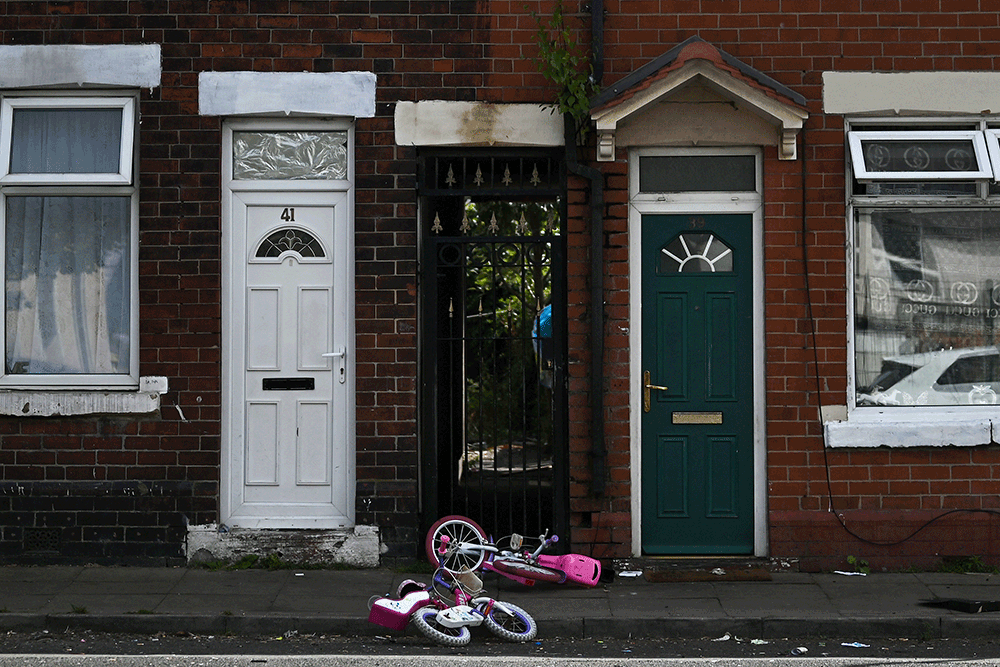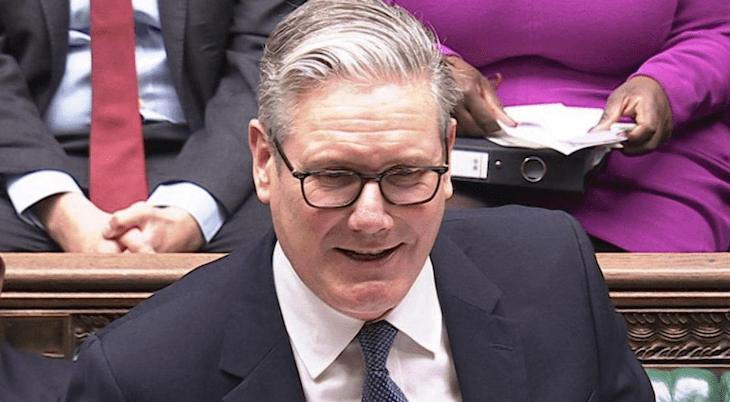
Some crimes are so horrific that our instinct is to look away. And there can be few as appalling as those perpetrated by the rape gangs whose activities Dame Louise Casey reported on this week.
Girls as young as ten were beaten and sexually abused. They were tortured with baseball bats, knives and meat cleavers. They were urinated on, had cigarettes stubbed out on them, were burned by lighters and branded on their buttocks. Some contracted venereal diseases. One 12-year-old was compelled to undergo an abortion.
These crimes weren’t rare, but sustained and widespread, carried out in up to 50 towns and cities across Britain over decades. The perpetrators were overwhelmingly Muslim men from Pakistani diaspora communities. They identified girls in the most vulnerable circumstances – often those in care who’d already suffered abuse and neglect – and exploited their need for attention and affection with calculated cynicism, plied them with alcohol and drugs and violated them in the most degrading fashion imaginable.
Their crimes were facilitated by family businesses such as kebab shops and taxi firms, and covered up by the community. The victims were ignored, disbelieved or even stigmatised by police and local authorities.
While the details of these crimes are so horrific they make one weep at the evil of which man is capable, we need to look at the circumstances which allowed this barbarity to flourish and act to ensure it can never happen again.
That requires total honesty. It helps no one, least of all the victims, to look away from the cultural, ethnic and religious factors that lie behind so much of what happened. Too many people have avoided such honesty for too long. Casey says she learnt from police forces that local authorities had prevented them from ‘publicising the success-ful conviction of perpetrators of group-based child sexual exploitation due to fears of raising tensions’. Too many people conspired to see, hear and speak no evil ‘for fear of appearing racist, raising community tensions or causing community cohesion problems’. If managing multiculturalism required tolerating systematic child rape, so be it.
Too many people conspired to see, hear and speak no evil ‘for fear of appearing racist’
The scale and nature of these crimes and the consequent cover-ups mean that the national inquiry, which Casey recommends, cannot simply be an aggregation of local investigations. There are questions of public policy which must be addressed. The police’s failure to record ethnicity data, join the dots, root out collaboration or connivance in their own ranks and challenge community complacency about medieval attitudes is a national failure.
Too often and for too long, police forces have hidden behind the doctrine of ‘operational independence’ to evade accountability. That they pursued innocent figures such as Harvey Proctor and the late Leon Brittan for imagined crimes based on the lurid inventions of the fantasist Carl Beech, while failing effectively to confront the real child abuse being perpetrated across the country, requires more than just a mumbled apology.
And in investigating that abuse, uncomfortable questions cannot be evaded. Why do a disproportionate number of perpetrators come from Pakistani backgrounds? Why are so many from communities with links to rural Pakistan and Kashmir? Has our approach towards chain migration and cousin marriage been misguided? What is it in the Islamic teachings within those communities that has appeared to offer either licence for the exploitation of women or, at the very least, no challenge to brutal misogyny?
When these questions have been even tentatively explored in the past, those who stood up for victims have faced silencing. Ann Cryer, the former Labour MP for Keighley, raised the horrors two decades ago, only to be dismissed as racist. In January, Keir Starmer described those calling for an inquiry as ‘jumping on a bandwagon’ of the far right. Lucy Powell, the Leader of the Commons, has branded discussing the rape gangs ‘a dog whistle’. The left-leaning journalist Lewis Goodall suggested there was ‘little evidence’ for Muslim grooming gangs, dismissing it as a far-right ‘trope’. His podcast colleague Emily Maitlis branded Rupert Lowe, the former Reform MP crowdfunding a private inquiry into the scandal, a ‘racist’ for focusing on Pakistani grooming gangs.
This campaign of denial may have its roots in a noble sentiment: the wish not to give succour to those intent on driving further divisions in our society. But wilful blindness to the nature of the rape-gang scandal only feeds the far-right narrative that cover-up and conspiracy characterise the British state.
There is, of course, another democratic pressure at work here. Some in Labour may fear that an uncompromising reckoning with the facts means that Muslim voters, already alienated from the party by foreign policy concerns, may further desert them for independent candidates. Such an attitude is, in itself, effectively racist. It implies that Muslim voters would rather see crimes committed by co-religionists covered up than confronted. But it serves no interest, no community, no idea of what a multi-ethnic society should be and no version of morality to look away. Unsparing questioning and un-flinching honesty are the only paths to justice.







Comments